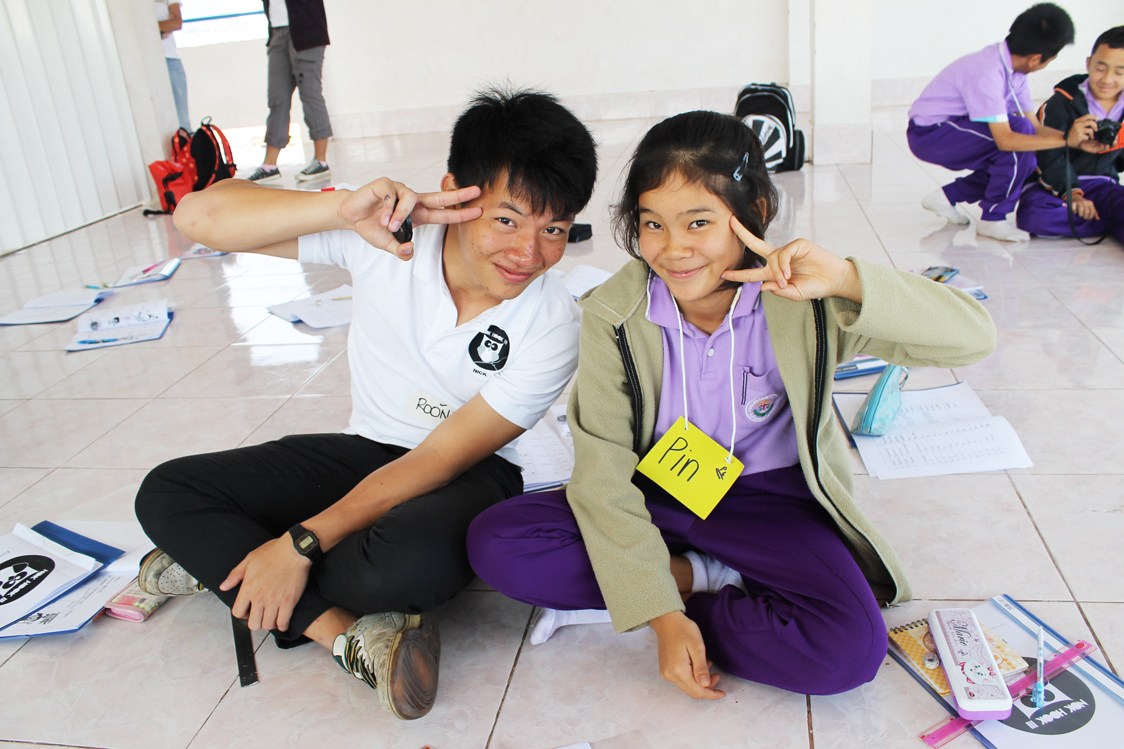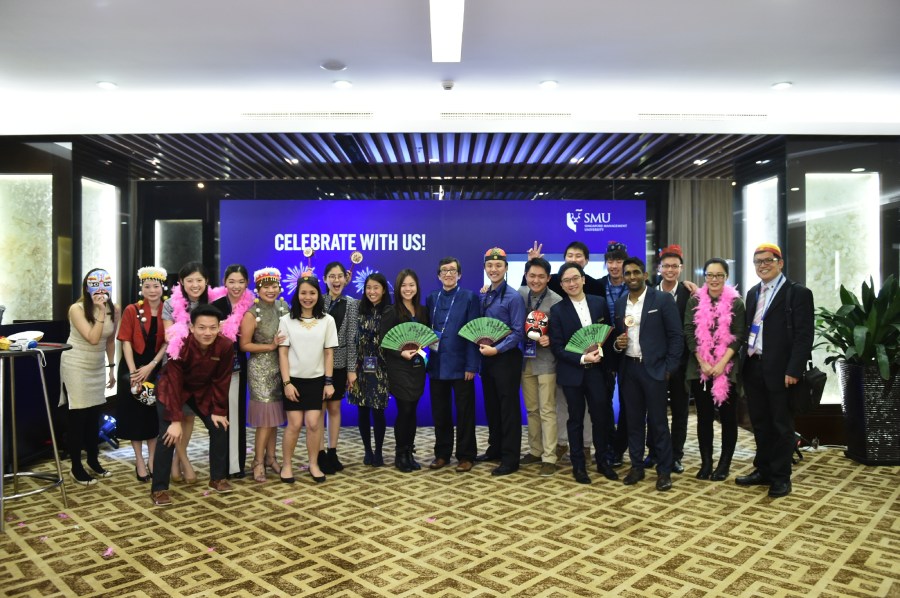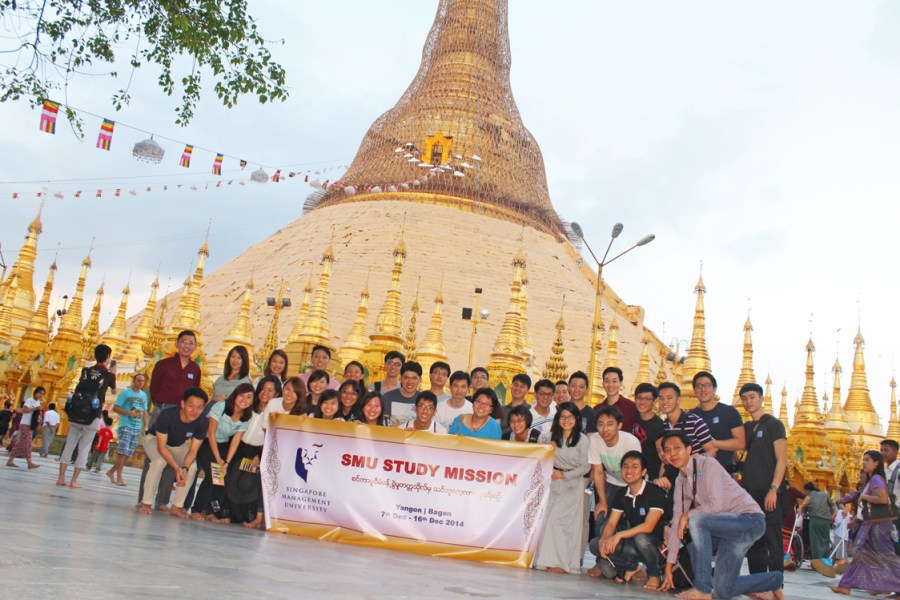
Writing as an alumnus with slightly over a year and a half of work experience under my belt, I look back fondly on four wonderful years spent at SMU, with nary a hint of regret. Four very eventful years that zipped by quickly, and also four formative years that allowed me to experience the world outside of school.
We often hear professors and seniors alike, telling us that SMU is akin to a springboard—leverage the opportunities that the school has to offer, seek out and immerse ourselves deeply into programmes ranging from international exchanges to overseas community service projects (OCSPs).
For some of us who might struggle with family finances, what would we make of these foreign and distant ‘opportunities’? Would they be limited in numbers, less accessible or any less instructive?
Thankfully, the short answer to these questions is a ‘no’. The longer answer is, there are several financial assistance schemes targeted at students from less affluent backgrounds, while scholarships offer another handy form of funding. Some schemes are designed on a needs basis, though very often, the simple requirement to merit sponsorship would be evidence of effort put into school.
As for myself, growing up in a family of five in the sandwiched class meant that my siblings and I had to work hard for the things that we wanted. Back in 2011, having emerged from the army as a wide-eyed 21 year old, I was determined to make the most out of university life. In relative pre-adult terms, I had saved up a sizeable amount from a combination of army allowances, giving tuition, and full-time work, before the academic term commenced. I was simply raring to go.

At the APAIE Conference in Beijing, 2015 (I’m fourth from left!)
Freshman year came and went, and before long, my savings in the kitty diminished in size as two OCSPs over the holidays coupled with daily expenses took the stuffing out of my pocket. My attention quickly shifted to working out a sustainable model of expenditure for the next three years. I read up on available financial assistance schemes, and hit the apply button for annual scholarships I was eligible for. Questions also started swirling in my head, as I entertained thoughts of working part-time while studying, amidst secretly worrying that my dreams to go for international exchange were over.
Fortuitously, my silent prayers were answered when I found out that my application turned out to be successful. Aid came in the form of cash disbursement to defray living expenses, with a portion of funds used to offset tuition costs. I informed my mother of the welcome news, to which she smiled and encouraged me to work hard so as not to misplace the faith the scholarship donor had put in me. I nodded in agreement, and set forth to uphold my end of the commitment.

ASM Myanmar (2014): Visiting the Schwedagon Pagoda (I’m in the bottom row, first on the left)
Things worked out eventually over the next three years of hard work and plenty of new experiences. Through the help of the Fung Foundation, I ultimately spent a semester on exchange at Barcelona in my third year. Internship allowances also helped immensely, as I managed to save up enough to participate in a study mission to Myanmar, as well as a week-long study programme in select ASEAN countries organised by the Office of Global Learning.
Unmistakably, my SMU experience would not have been made possible without the financial assistance I had received. With my mind freed from worrying about personal finances, I was able to focus on studies, as well as explore the full breadth and depth of student life and international opportunities. To students who might grapple with finances, keep a hopeful heart, work hard, and seek out available financial assistance programmes. The ‘opportunities’ that we hear about, could definitely be within reach, and possibly made more beautiful from having worked hard for them.
At SMU, we believe that no deserving undergraduate student should be denied an education because of financial difficulty. With the recent launch of a bold new initiative called SMU Access, we guarantee the entire university education tuition-free for eligible students.

